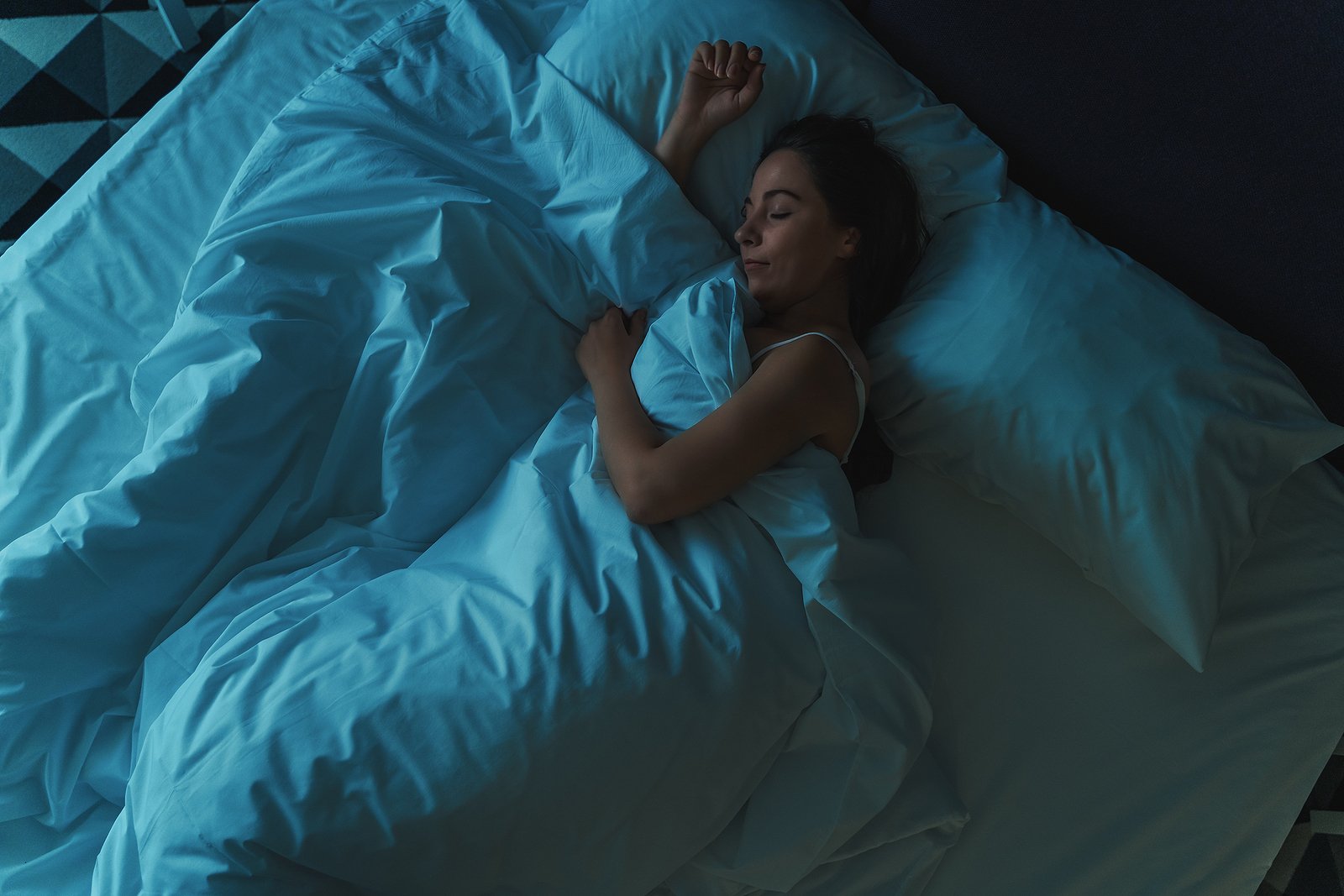
Getting enough sleep is essential to maintaining your health. The Sleep Foundation informs readers that it's important for adults to get at least 7 hours of consistent sleep every night for proper brain and body functioning. When we neglect our sleep schedule and allow our bodies to become sleep deprived, we put ourselves at risk of serious diseases and medical conditions. These include things like "obesity, type II diabetes, high blood pressure, heart disease, stroke, poor mental health, and early death" according to the Sleep Foundation.
Sometimes we live such busy lives that it can feel impossible to get this much sleep every single night. We're here to help give you some tips to maintain good sleep hygiene!
1. Find your sleep schedule and stick to it
Because adults need 7-8 hours of sleep nightly, the Mayo Clinic informs us that it's important to find a sleep routine that works best for you and your life. If you need to be up early in the morning, what time do you need to go to bed to reach 7 hours of sleep? It's important for your circadian rhythm that you go to bed and wake up at the same time every day, even on weekends! The more consistent you are, the easier it will be!
According to the Mayo Clinic, "If you don't fall asleep within about 20 minutes, leave your bedroom and do something relaxing. Read or listen to soothing music. Go back to bed when you're tired. Repeat as needed."
2. Keep in mind what you're eating and drinking
Eating too much before bed can keep you from feeling comfortable while you sleep. It's also not recommended to go to bed hungry either, as that can also lead to discomfort. Consuming caffeine and nicotine can also make falling asleep a challenge as they're both stimulants and take hours to wear off. On the flip side, alcohol may make you feel sleepy, but it will disrupt your sleep later on in the night!
GoodRx says to avoid stimulants at least 6 hours before you plan on going to bed. Additionally, be sure to limit your alcohol consumption and avoid large meals close to bedtime for optimal sleep!
3. Create a relaxing space
Creating a space that's optimized for restful sleep can help you fall asleep and stay asleep until it's time to wake up in the morning! Some things to keep in mind are "cool, dark and quiet." In addition to creating a cool, dark and quiet space, it's important to avoid devices like your phone and the TV at least 30 minutes before bed, because the blue light they emit can increase your alertness, making it harder to fall asleep, according to SCL Health.
4. Find time for REGULAR exercise
Studies have shown that including exercise in your regular routine can also help ensure a good night of sleep (in addition to all its other health benefits). It's important to remember, though, not to do intense physical activity too close to bedtime as it can make it even harder to fall asleep!
Supporting good sleep hygiene is vital to your health and maintaining optimal brain functioning. When you allow yourself to remain sleep deprived for too long, your body will begin to feel the repercussions. If you need help maintaining a consistent exercise routine to assist in your sleep habits, contact us today.










